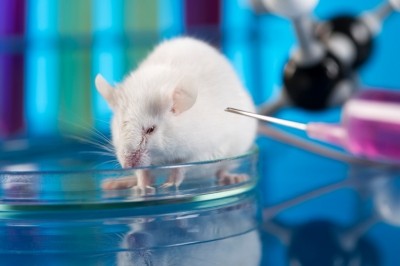EFSA rejects 6 article 13.5 health claim opinions

Potato extract
Kemin reacted strongly to EFSA’s Panel on Dietetic Products, Nutrition and Allergies (NDA) rejection of its potato extract’s (Slendesta) ability to assist weight loss. The Kemin dossier contained four unpublished human trials and a meta-analysis and the firm noted it had followed, “similar statistical procedures to those considered to show a statistically significant effect on body weight loss in EFSA’s [positive] glucomannan opinion.”
That opinion can be found here.
“Kemin maintains a strong belief and confidence in the positive results of the clinical studies presented,” the firm continued.
“Kemin disagrees with the recent opinion issued by EFSA that a cause and effect relationship has not been established between the consumption of Slendesta and reduction of body weight.”
It added: “Notably, EFSA’s negative opinion only addresses the proposed health claims that can be made on labeling of finished products in Europe and does not impact the ingredient’s regulatory status.”
“Slendesta retains its status as a lawful and non-novel food ingredient that can continue to be used by our customers in their food supplements and conventional foods.”
The claim targeted, “overweight adults wishing to lose weight”. The NDA said one study was uncontrolled while four others did not demonstrate an effect.
The Panel said the meta-analysis did not, “address the conditions of use proposed for the claim”.
Probiotics
French firm PiLeJe had two dossiers turned down, one for a probiotic blend rejected for lack of strain characterisation, a problem it failed to address when asked to by the NDA during a stop-the-clock procedure.
The ‘stool frequency’ blend contained Bifidobacterium longum LA 101, Lactobacillus helveticus LA 102,Lactococcus lactis LA 103 and Streptococcus thermophilus LA 104.
Click here for the opinion.
The other dossier was for intestinal discomfort using the same strains with the NDA highlighting the same concerns over data.
Krill
The menstrual discomfort krill claim (EFAX) was submitted by Nutrilinks in the Netherlands. The NDA said a human intervention trial that showed positive results in breast tenderness, feeling overwhelmed, stress, irritability, depression, joint pain, weight gain, abdominal pain, swelling and bloating was, “insufficient to perform a full scientific evaluation”.
Cranberry
The Italian branch of Zambon submitted the cranberry-urinary tract infection (UTI) claim for its product Monurelle. The NDA referred to previous rejections of cranberry and said an ex-vivo study from Zambon did not alter its view of the berry and its extracts.
"The best way to confirm the in vitro experiments in vivo would be to develop a study design that would enable the direct observation of an anti-adhesive effect of cranberry on E. coli in situ," said Thomas Pauquai from the French conultancy, Nutraveris.
"But this may not be technically or ethically feasible and acceptable. It is not possible to observe the uroepithelial cells in situ in humans."
Fizzy water
Spanish company Vichy Catalan sought to link its carbonated natural mineral water and, “reduction of post-prandial triglyceride concentrations” among healthy adults. The NDA found supporting human studies had problems such as undefined endpoints and non-adjusted data in rejecting the claim.
Experts have condemned the dossiers for being flawed. See more on that here.









